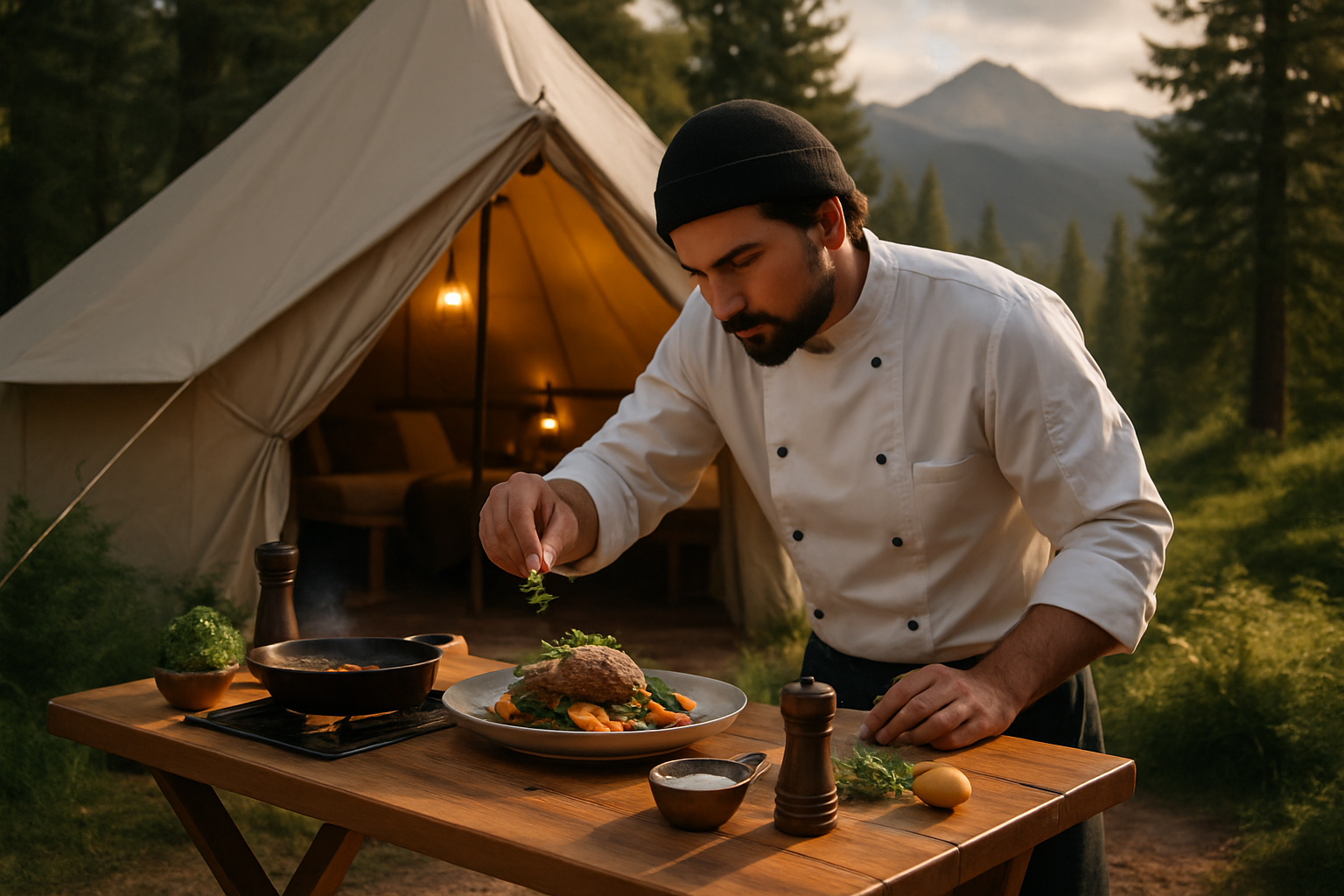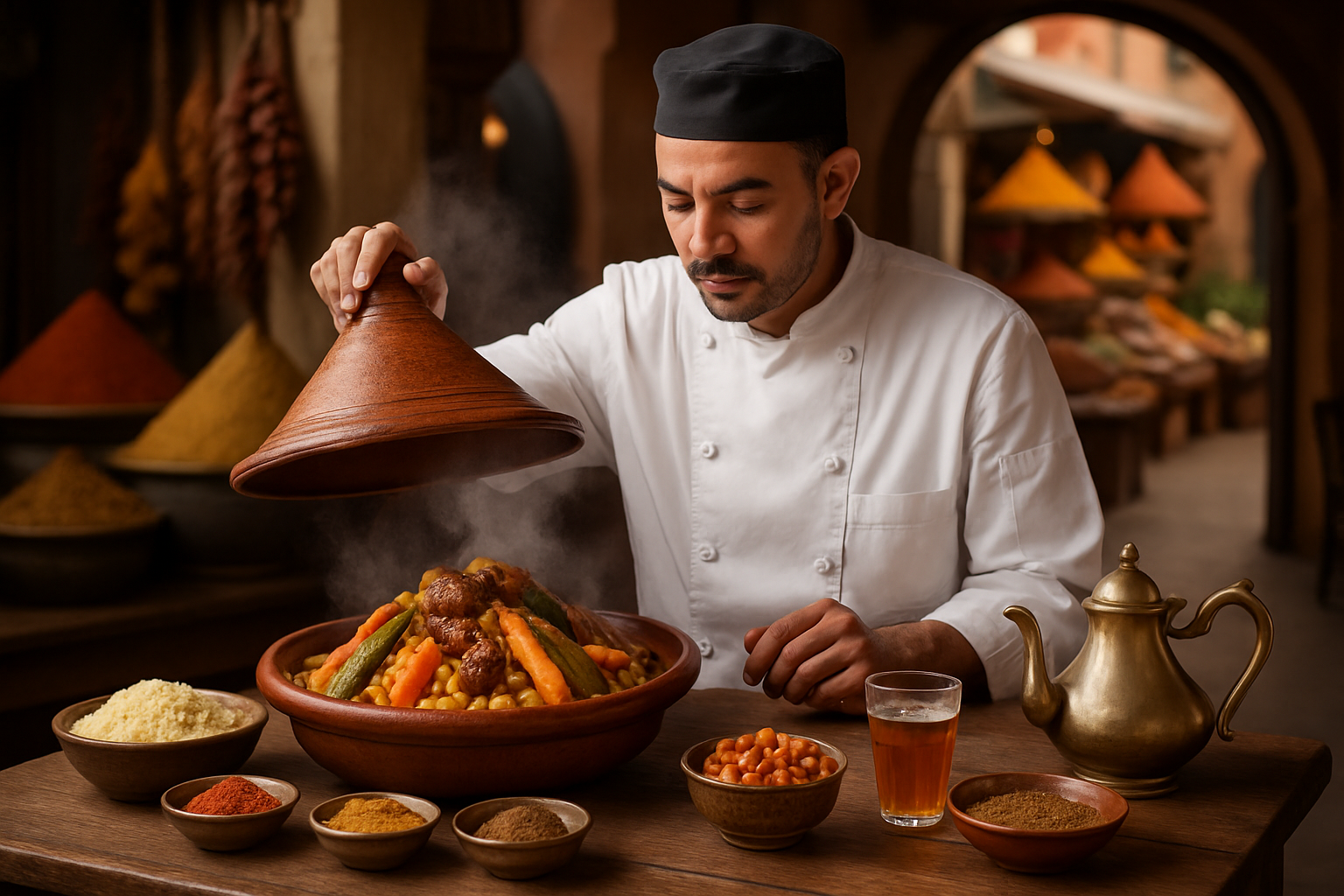Foraging Expeditions: The New Frontier in Culinary Tourism
Embark on a journey that tantalizes your taste buds and reconnects you with nature. Foraging expeditions are revolutionizing culinary tourism, offering adventurous travelers a chance to discover local ecosystems through their palates. This emerging trend combines outdoor exploration, gastronomic discovery, and sustainable practices, creating an immersive experience that goes beyond traditional food tours. Let's delve into the world of foraging tourism and uncover why it's captivating globetrotters and food enthusiasts alike.

A Culinary Adventure Like No Other
Foraging expeditions offer a unique blend of outdoor adventure and culinary exploration. Guided by expert naturalists and chefs, participants venture into forests, meadows, and coastlines to identify and harvest edible plants, mushrooms, and seafood. These excursions not only provide a hands-on learning experience but also foster a deeper appreciation for local ecosystems and traditional knowledge.
From Forest to Plate: The Foraging Process
A typical foraging expedition begins with a briefing on safety and sustainable harvesting practices. Guides then lead participants through diverse habitats, teaching them to identify edible species and their non-edible look-alikes. The gathered bounty is then transformed into a meal, often prepared outdoors or in a nearby kitchen. This farm-to-fork experience allows travelers to taste the true essence of a destination’s terroir.
Global Hotspots for Foraging Tourism
While foraging expeditions can be found worldwide, certain regions have emerged as hotspots for this culinary adventure. The Nordic countries, with their abundance of berries, mushrooms, and herbs, offer some of the most sought-after foraging experiences. In contrast, coastal areas in places like Oregon and Scotland provide opportunities to harvest seaweed and shellfish. Meanwhile, the lush forests of Japan have become popular for mushroom foraging, particularly during the autumn matsutake season.
The Impact on Local Communities and Ecosystems
Foraging tourism, when done responsibly, can have a positive impact on local communities and ecosystems. It promotes the preservation of traditional knowledge, supports local economies, and encourages sustainable land management practices. However, it’s crucial for tour operators and participants to adhere to ethical guidelines to prevent over-harvesting and habitat disruption.
Foraging 101: Essential Tips for Culinary Explorers
• Always forage with an experienced guide to ensure safety and sustainability
• Learn to identify poisonous look-alikes before consuming any wild edibles
• Respect local regulations and obtain necessary permits
• Use appropriate tools and containers for harvesting
• Take only what you need and leave enough for wildlife and plant regeneration
• Clean and prepare foraged items properly to avoid contamination
• Be aware of potential allergies or sensitivities to wild foods
As the world of travel evolves, foraging expeditions stand out as a compelling way to experience destinations through a new lens. By combining outdoor adventure, culinary exploration, and environmental education, these journeys offer a feast for the senses and a deeper connection to the natural world. Whether you’re a seasoned gastronome or an outdoor enthusiast, a foraging expedition might just be the fresh perspective you need on your next travel adventure.





